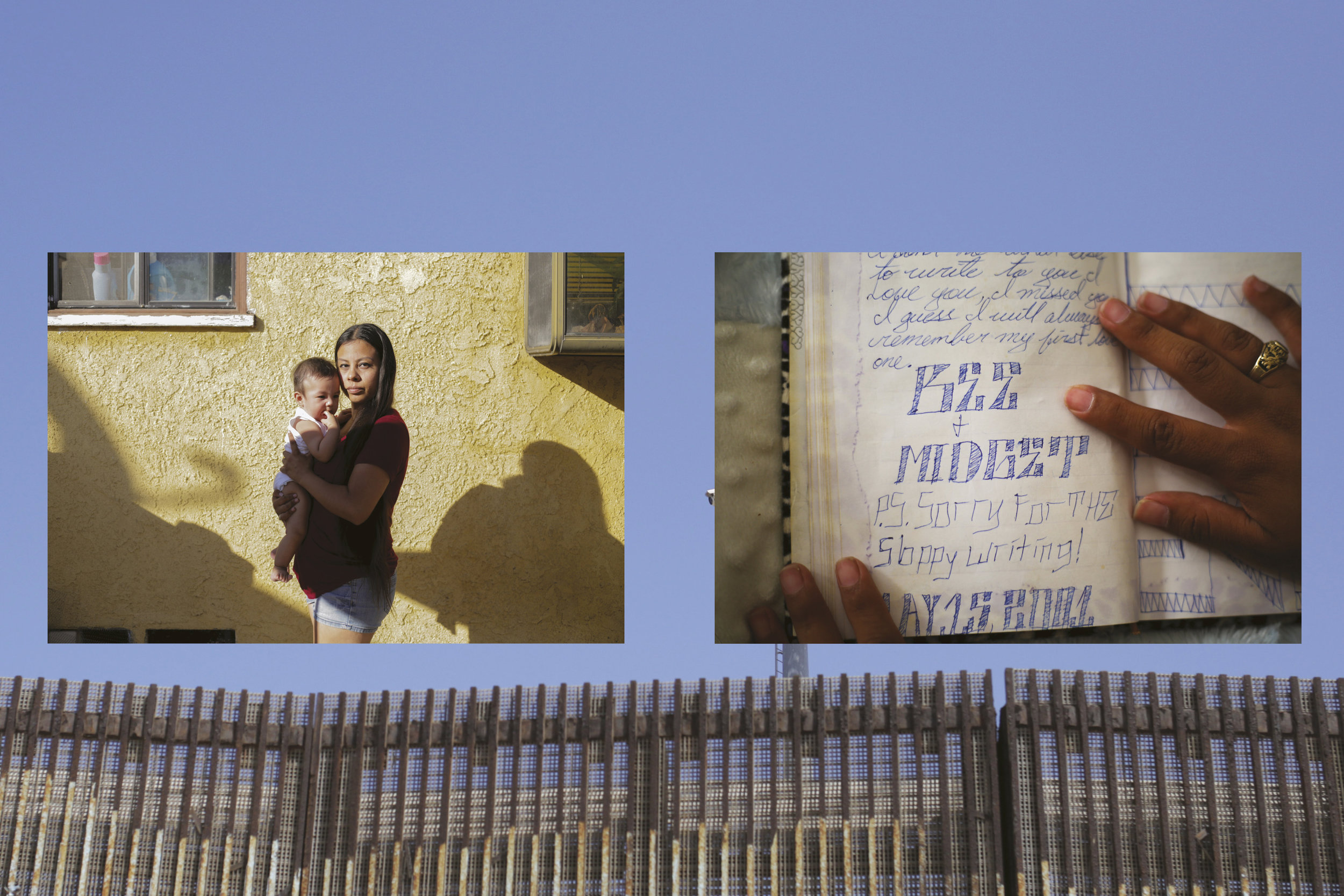Announcing the 2019 Photography and Social Justice Fellows
Carlo Gabuco, documenting the impact of the violent drug war in the Philippines on children and families, and how it will affect future generations.
Magnum Foundation is pleased to announce the 2019 Photography and Social Justice Fellows, nine early career photographers, artists, journalists, and activists who are passionate about challenging injustice, pursuing social equality, and advancing human rights through photography. Selected from over 700 applicants, they join 39 other image-makers from 23 different countries that have been trained through this program since 2010 to be effective storytellers, creative leaders, and changemakers. They are:
Arlene Mejorado, US
Carlo Gabuco, Philippines
Cristobal Olivares, Chile
Cynthia Matonhodze, Zimbabwe
Fethi Sahraoui, Algeria
Nida Mehboob, Pakistan
Salma Abedin Prithi, Bangladesh
Yael Martínez, Mexico
Yangkun Shi, China
In partnership with the City University of New York's Craig Newmark Graduate School of Journalism, the Photography and Social Justice program offers specialized training and space for experimentation with new approaches to socially engaged documentary practice. 2018 fellow Özge Sebzeci of Turkey reflects:
My background is in journalism, and I wanted to expand that because I know photography can do more than document. This fellowship is about how to push in more creative ways, using photography and other visual storytelling mediums to really engage with people.
Intensive group workshops and mentorship support fellows in using their creative skills to amplify movements, to witness, to resist oppression, to pose difficult questions, and to stimulate debate and awareness about social issues. “My work serves to reverse the erasure and disenfranchisement felt in overlooked experiences and cultures. I measure the success of my work by how it resonates with the community it was made for,” says Arlene Mejorado.
Arlene Mejorado, two-page spread from Femme Frontera, designed in collaboration with Homie House Press. “The goal of Femme Frontera was to open up space for migrants and trauma survivors in femme visibility.”
Our 2019 fellows will delve deeply into ethical considerations; tactics for engaging movements, media, and audiences; collaboration and community-building; and other skills that Magnum Foundation is uniquely poised to provide. Yael Martínez writes:
Is an image useful? What for? What can be accomplished with an ensemble of images today? Do they shift something inside of us? I’m talking to myself, because to live in a country that is falling apart and seeing so many journalists murdered in vain in recent years in Mexico, brings me to ask myself about what we can leave for our children and the future generations. Is it enough to only generate images? Manage their distribution? Claiming through them the defense of our freedom of speech?
This year will also emphasize peer-to-peer learning, through discussion-based classes and workshops on power structures and theories of change; production of programming, exhibitions, books, and immersive media; and pitch- and grant-writing. Fred Ritchin, Dean Emeritus at the International Center of Photography, will teach a seminar on alternative image strategies. Fellows will also meet with international editors, organizations, activists, galleries, and museums, taking advantage of the resources and opportunities that New York City has to offer.
The fellowship covers the cost of travel, tuition, and room and board for four weeks in New York, as well as production support and mentorship over the course of six months. During the program, each fellow will work on an in-depth project in their home country, while receiving ongoing project development feedback and production support from the Magnum Foundation team.
This program is made possible by the generous support of the Open Society Foundations, Genevieve McMillan-Reba Stewart Foundation, The Rosenthal Family Foundation, Cultures of Resistance Network Foundation, and the Achelis and Bodman Foundations.
Cristobal Olivares, violence and drug addiction in a community in Santiago, Chile.



